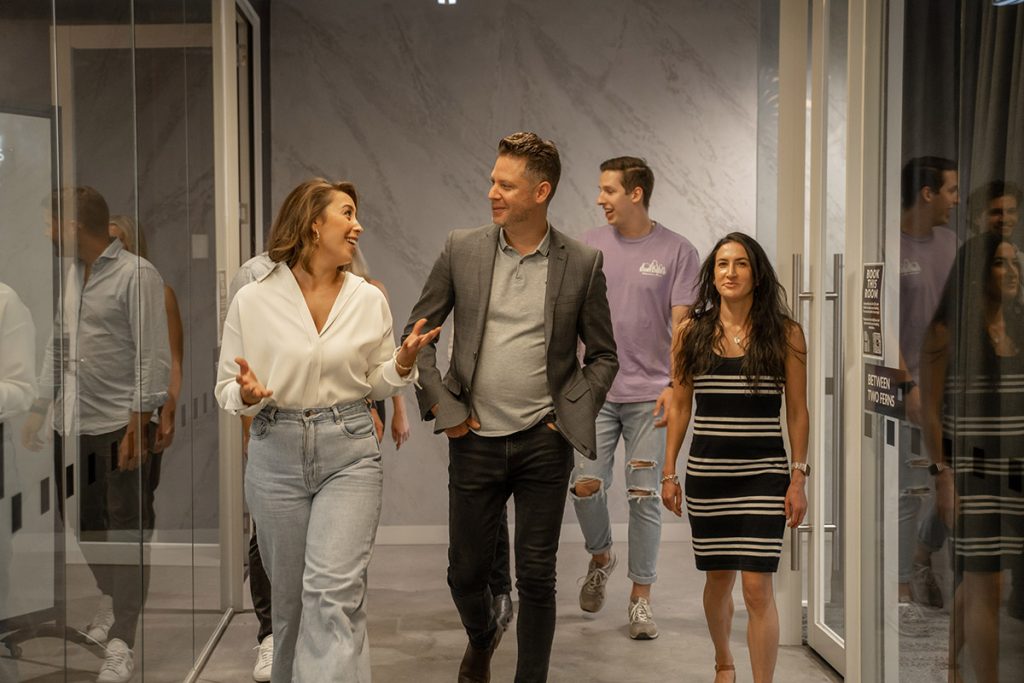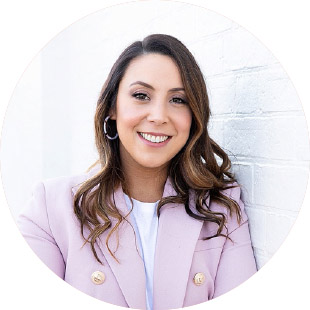LOUISE GILBERT
Founder & Director

MAKE WORK WORK FOR YOU – NEW BOOK AVAILABLE NOW FOR PRE-ORDER


When it’s time for change in your organisation remember not everyone will experience it in the same way…
This is so important to remember, and something in my business I like to remind leaders and teams the way we experience change is different for all of us.
Critically, in today’s world of work different does not mean less.
Different is not less!
I speak to many leaders and their teams about how they are approaching change and managing change in a way that is “neurodiversity affirming.”
Which means recognising we have difference in our brain types, which is not a disorder or dysfunction but rather part of the rich tapestry of differences in humankind.
The way our brains work, the things we need to perform at our best, to grow and for our overall wellbeing – all needs to be considered from the individual’s perspective.
In my upcoming book, ‘Make Work Work for You’ I have written for leaders – and I have listened to the voices of people with lived experience (including my own) – as well as neurotypical people.
For all brain types. So, not just in terms of how they people access the book (eg. read or listen) but also the ideas and practices.
Designing a workplace for everyone involves making it accessible for everyone and considering the differences of teams.
I take some practical steps to ensure neurotypical people in organisations are considered and their needs are accommodated when I am running workshops.
So, when I conduct workshops I also send out an email beforehand, which invites participants to share any and all accommodations and supports they may require to maximise their level of comfort and performance during the session.
I like to be explicit in that email. I explain that I work with a number of neurodivergent senior leaders who do their best thinking with a fidget spinner in hand, a coaching client who doodles and doesn’t often make eye contact, and others who need regular opportunities to stand and walk because of their physical needs.
I also explain that there are neurotypical leaders who benefit from being provided with as much information as possible prior to attending workshops, as they prefer to do their thinking alone before entering a group setting. The responses to this email are, of course, entirely private, but it allows me to be better prepared. It also helps create a secure environment where people feel safe to express their needs.
These sorts of considerations are critical to supporting people to navigate change, manage their work life and I speak more about the
This is why in my business, the way we run our work is different and I ensure it is standard practice in my team facilitation work or coaching of leaders that neurodiversity is always considered.
This is why people feel safe working with me, and it’s why neurodivergent leaders approach me for coaching and it’s why I receive calls to help with managing change with all people in mind.
This is of course also tied to the key principles of making work work for you and the fundamentals of managing change. Because I believe it’s through leaders and systems that we can create change – with more speed and less pain.
Finally, behind closed doors, people have confided in me saying they’re embarrassed they don’t know the difference between the words or what they mean so here’s a quick glossary of some of the terms.
Neurodiverse:
“A neurodiverse environment is richer and more innovative because it includes diverse cognitive perspectives.” – Marie Camin:
Examples: Autism, ADHD, Sensory Processing, Dyslexia, Dyscalculia, Epilepsy, (Check out the neurodivergent umbrella from Sonny Jane Wise for more)
Neurotypical:
“Neurotypical describes people whose neurological patterns align with what society considers standard or typical.” – Sandhya Menon
Example: Someone who is not neurodivergent, is neurotypical.
Neurodivergent:
“Being neurodivergent means your brain works in ways that diverge from the majority, often revealing creativity and problem-solving that wouldn’t be otherwise possible.” – Christina Keeble
Because when it comes to achieving excellence, to really perform and grow, we must create the conditions for wellbeing – for everyone.

Founder & Director
